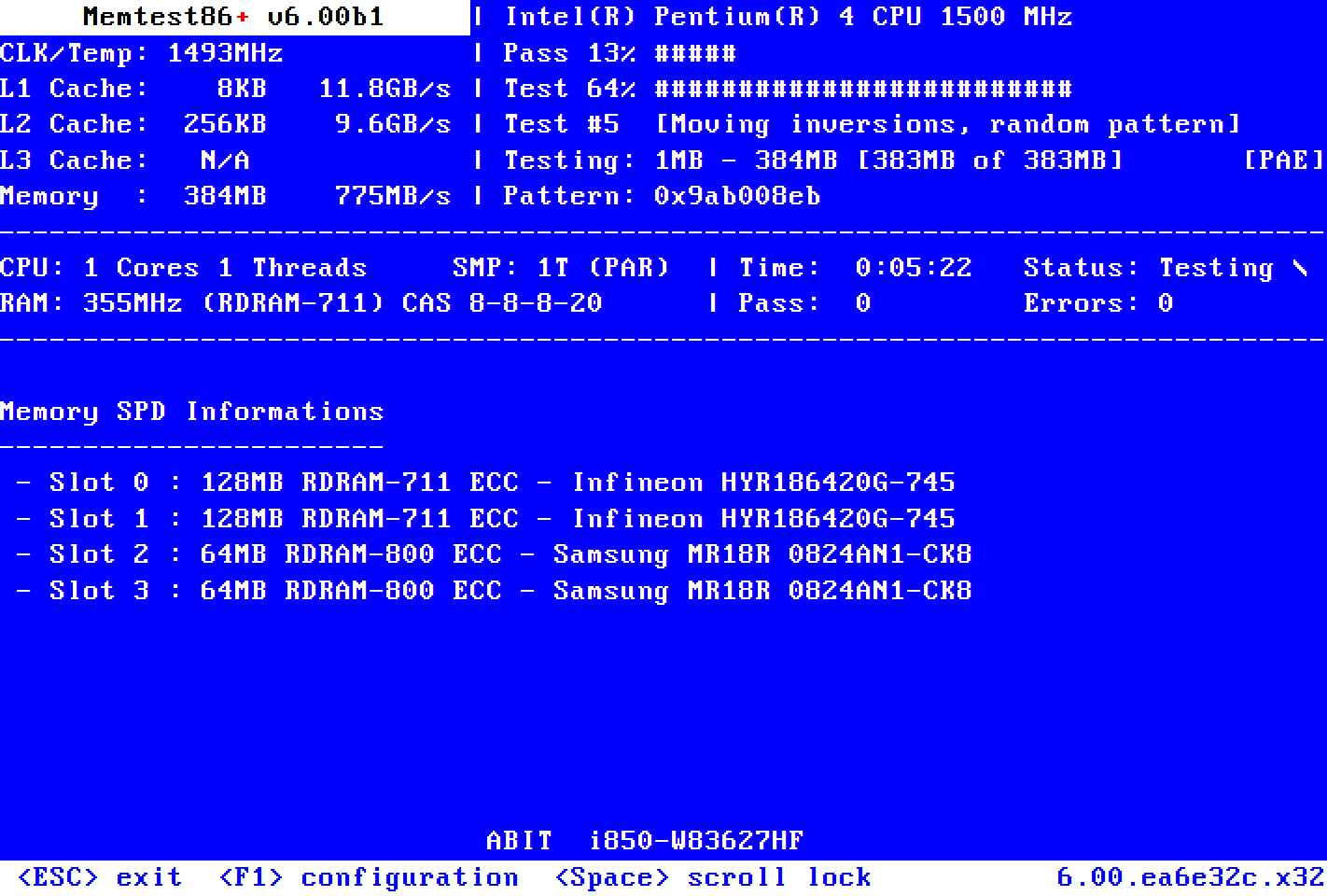Hey all,
I've been having issues with my systems being slow for the past 16 months or so. I say systemS because I started with an Alienware Area 51 R5 from 2018, and I've since (in the past 12 months) replaced every component save for the PSU which I doubt is causing system lag, but maybe?
The reason I upgraded was because my programmer friend suggested it might be my PCIE lanes because I have multiple NVME drives in my system. I started with a GPU upgrade, then motherboard and CPU, then RAM. I've recentlyreplaced two of my 2TB NVME drives with one 4TB drive, so my total NVME drives are two 4TB now instead of 3.
Current hardware:
When I say slowdowns, it's mostly when running Unreal Engine 5, 3D Studio Max, or Streaming video. Everything was smooth as butter before, but now in Unreal I get constant frame drops where I'll have 120 fps, and then it suddenly drops down to 22 fps for a few seconds, regardless of the scene. in 3ds max, I get constant stuttering while scrolling in the UI.
As for Streaming, YT is mostly okay, but sometimes I get lag spikes where the video freezes, and with Netflix, Amazon, and Disney Plus, my monitors cut out to black, and then come back maybe 3 seconds later when I first load the site. Netflix stutters constantly while scrolling vids, but the other two don't. I haven't noticed any slowdown in games, but I haven't been playing much in the way of modern AAA games lately so that's likely why.
I'm thinking the issue is either still the PCIE lanes, or the GPU I bought. As I said though, the first few months after buying the GPU were great (before I upgraded any other hardware), and when I play Dead By Daylight, everything runs fine.
CPUZ Screenshot at link:
View: https://i.imgur.com/M0knIFR.png
I've been having issues with my systems being slow for the past 16 months or so. I say systemS because I started with an Alienware Area 51 R5 from 2018, and I've since (in the past 12 months) replaced every component save for the PSU which I doubt is causing system lag, but maybe?
The reason I upgraded was because my programmer friend suggested it might be my PCIE lanes because I have multiple NVME drives in my system. I started with a GPU upgrade, then motherboard and CPU, then RAM. I've recentlyreplaced two of my 2TB NVME drives with one 4TB drive, so my total NVME drives are two 4TB now instead of 3.
Current hardware:
- MSI Z790-A Wifi Motherboard (4x m.2 slots) https://www.msi.com/Motherboard/PRO-Z790-A-WIFI/Specification
- Zotac RTX 4070ti GPU
- Intel i5 13600k CPU
- 64GB Corsair Vengeance Pro DDR4 RAM (4 16GB dimms)
- 2x Crucial P3 Plus 4TB PCIe Gen4 3D NAND NVMe M.2 SSD
- 2TB Segate HDD
- 8TB Seagate HDD
- 2TB Crucial SSD
When I say slowdowns, it's mostly when running Unreal Engine 5, 3D Studio Max, or Streaming video. Everything was smooth as butter before, but now in Unreal I get constant frame drops where I'll have 120 fps, and then it suddenly drops down to 22 fps for a few seconds, regardless of the scene. in 3ds max, I get constant stuttering while scrolling in the UI.
As for Streaming, YT is mostly okay, but sometimes I get lag spikes where the video freezes, and with Netflix, Amazon, and Disney Plus, my monitors cut out to black, and then come back maybe 3 seconds later when I first load the site. Netflix stutters constantly while scrolling vids, but the other two don't. I haven't noticed any slowdown in games, but I haven't been playing much in the way of modern AAA games lately so that's likely why.
I'm thinking the issue is either still the PCIE lanes, or the GPU I bought. As I said though, the first few months after buying the GPU were great (before I upgraded any other hardware), and when I play Dead By Daylight, everything runs fine.
CPUZ Screenshot at link:
View: https://i.imgur.com/M0knIFR.png
Last edited:



